Although our budget request for additional ASES funding had a disappointing outcome, hope for funding still lives through McCarty's Assembly Bill (AB) 1744.
UPDATE: AB 1744 has unanimously passed the California Senate Education Committee with a 7-0 vote. The next step is a hearing by the Senate Health Committee on Wednesday, June 20, where it will then go to vote.
Background
To understand what AB 1744 is, it starts with Proposition 64. In November of 2016, voters in California passed Prop. 64 (the Control, Regulate and Tax Adult Use of Marijuana Act of 2016) which legalizes, regulates, and taxes the adult use of cannabis. The initiative is expected to generate up to $1 billion annually in tax revenue, with 60% of revenues dedicated to youth education, prevention, and treatment. Afterschool programs were prominently featured in several campaign advertisements and on the Yes on Prop. 64 ballot argument, as these programs have a proven track record of preventing and reducing substance use in youth. However, Prop. 64 did NOT explicitly list afterschool programs as an allowable use of funding. While afterschool programs should still qualify for funding under Prop. 64's general language, singling out afterschool programs makes clear they are a permissible use and should help ensure that afterschool programs are considered a priority to receive some Prop. 64 funding.
This is where AB 1744 comes in. AB 1744 would ensure that afterschool programs are prioritized to receive the Prop. 64 cannabis tax funding that was promised - increasing access to high‐quality afterschool programs for youth in California’s most underserved communities and helping to improve school retention and academic performance.
For more about AB 1744, check out the AB 1744 (McCarty) Fact Sheet.
How does afterschool help?
Afterschool programs have been proven to reduce substance abuse. The likelihood of youth being exposed to drug use increases dramatically after school ends. By participating in afterschool programs and quality afterschool activities, exposure to drug use is minimized and protective factors are built. These protective factors include school connectedness, self-control, self-confidence and quality peer relationships. The more protective factors that are present, the more likely that youth will engage in healthy behavior which include improved school attendance and increased academic success.
An investment of Prop. 64 dollars into afterschool programs would translate into funding that goes directly to positive impacts at the community and student level. California's publicly-funded afterschool programs target low-income communities, which are among those most disproportionally harmed by the war on drugs.
For more about how Prop. 64 revenue would increase access to high-quality afterschool programs and why these programs deserve it, check out this brief from SaveAfterschool.com
Which afterschool programs would receive Prop. 64 tax revenue?
According to SaveAfterschool.com, AB 1744 would expressly support funding for After School Education and Safety (ASES), 21st Century Community Learning (21st CCLC), or 21st Century High School After School Safety and Enrichment for Teens (ASSETs) programs. Current grantees would be eligible and encouraged to apply for funding, and funding could be available to establish more of these programs. These programs target high-need communities, which are among those most impacted by the war on drugs. Currently, 98% of the 4,000 ASES programs operate in low-income communities. Among these 3 programs, the average percentage of students eligible for free and reduced-price meals is over 80%.
Afterschool programs would not need to create a new program to qualify, only continue to offer the same broad array of academic and enrichment activities, including activities that prevent and reduce substance use, and improve school retention and performance.
Other afterschool programs would likely be eligible funding under the more general provisions or Prop. 64.
For answers to more questions, including how much will afterschool programs receive, check out SaveAfterschool.com's FAQ sheet.



